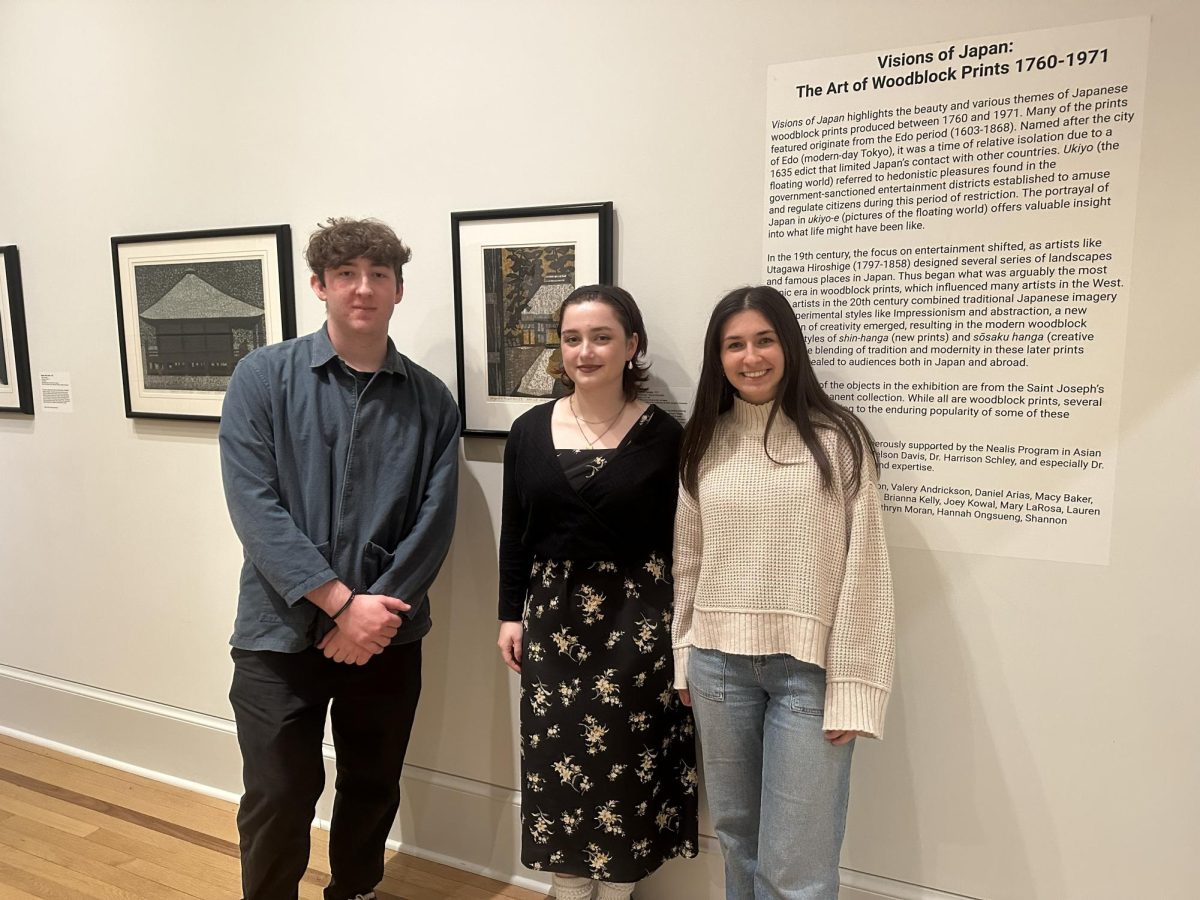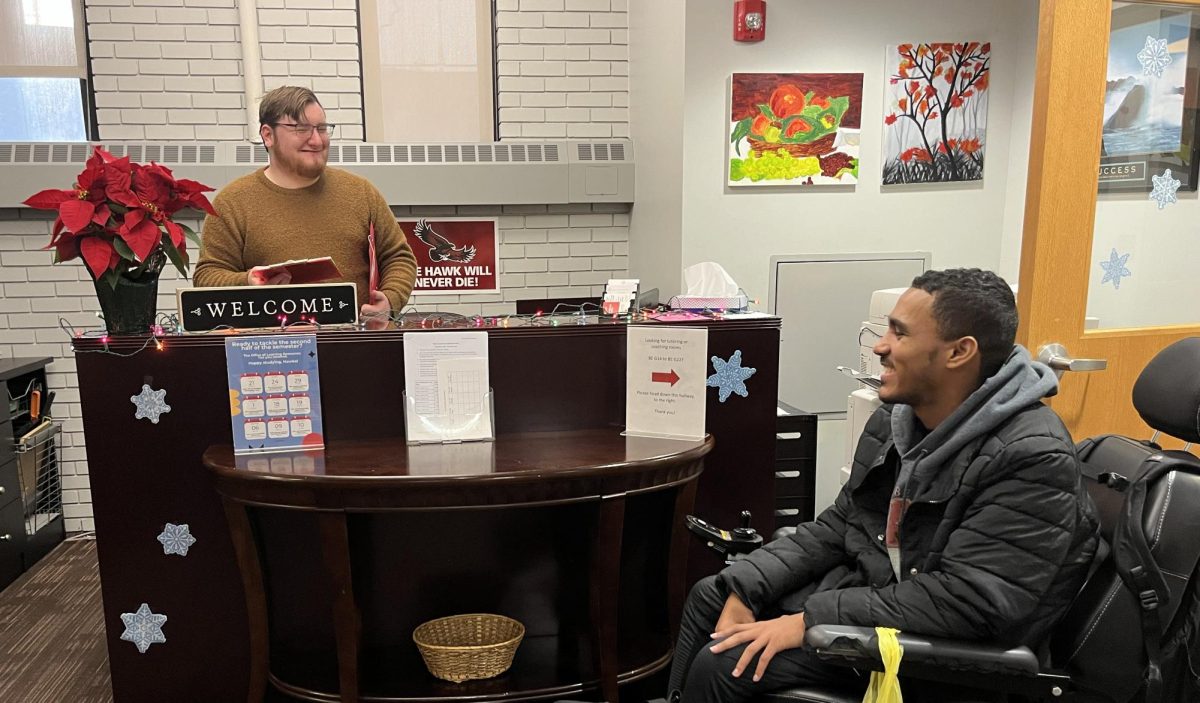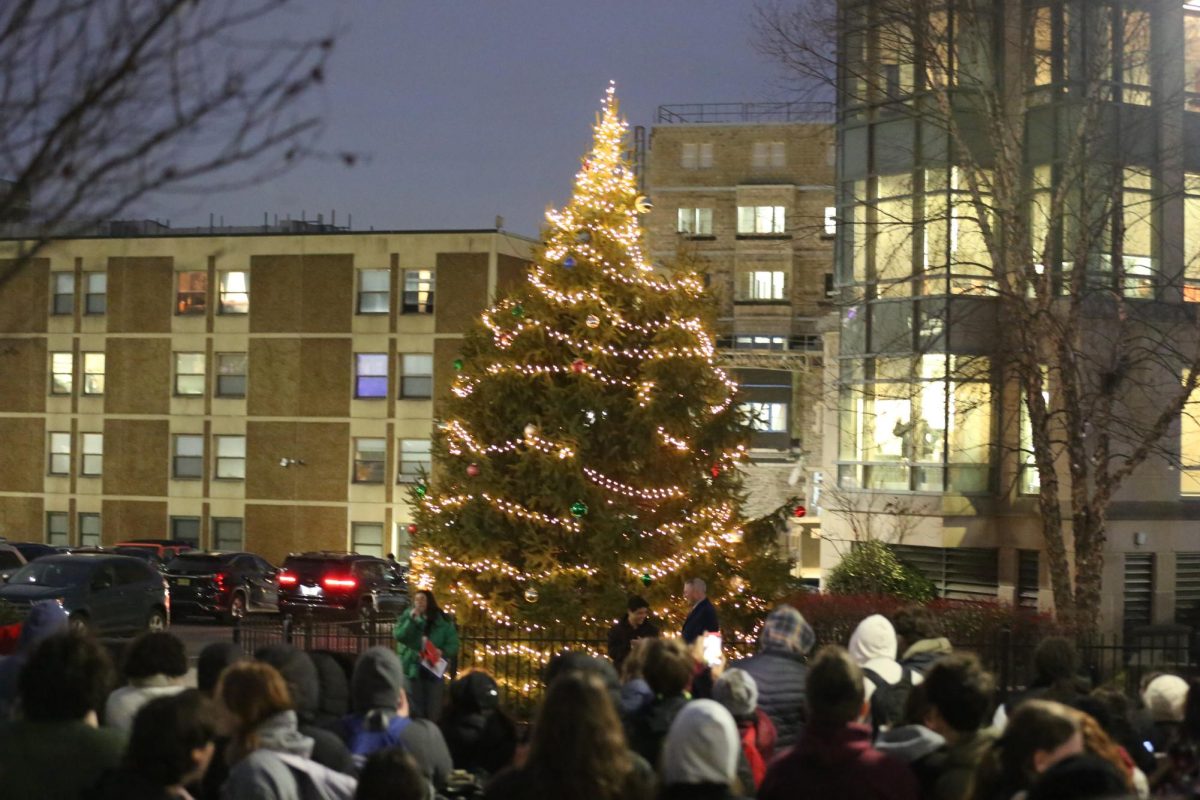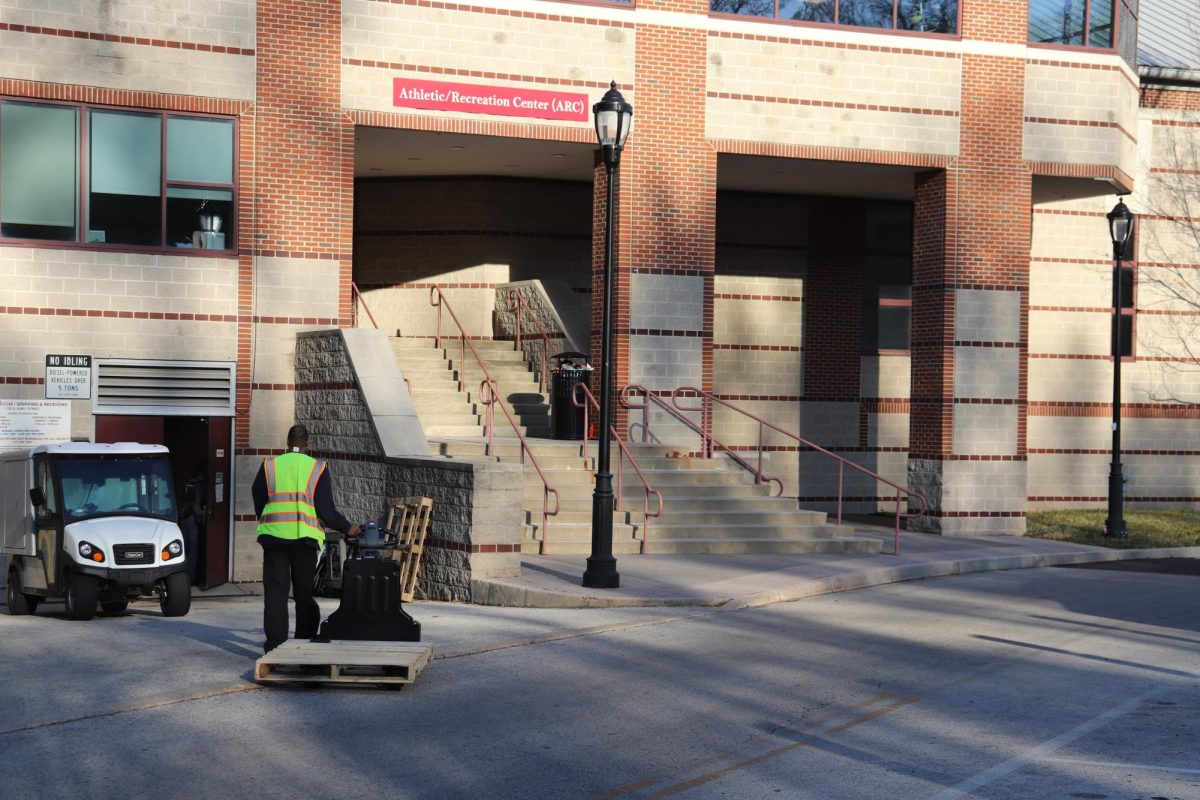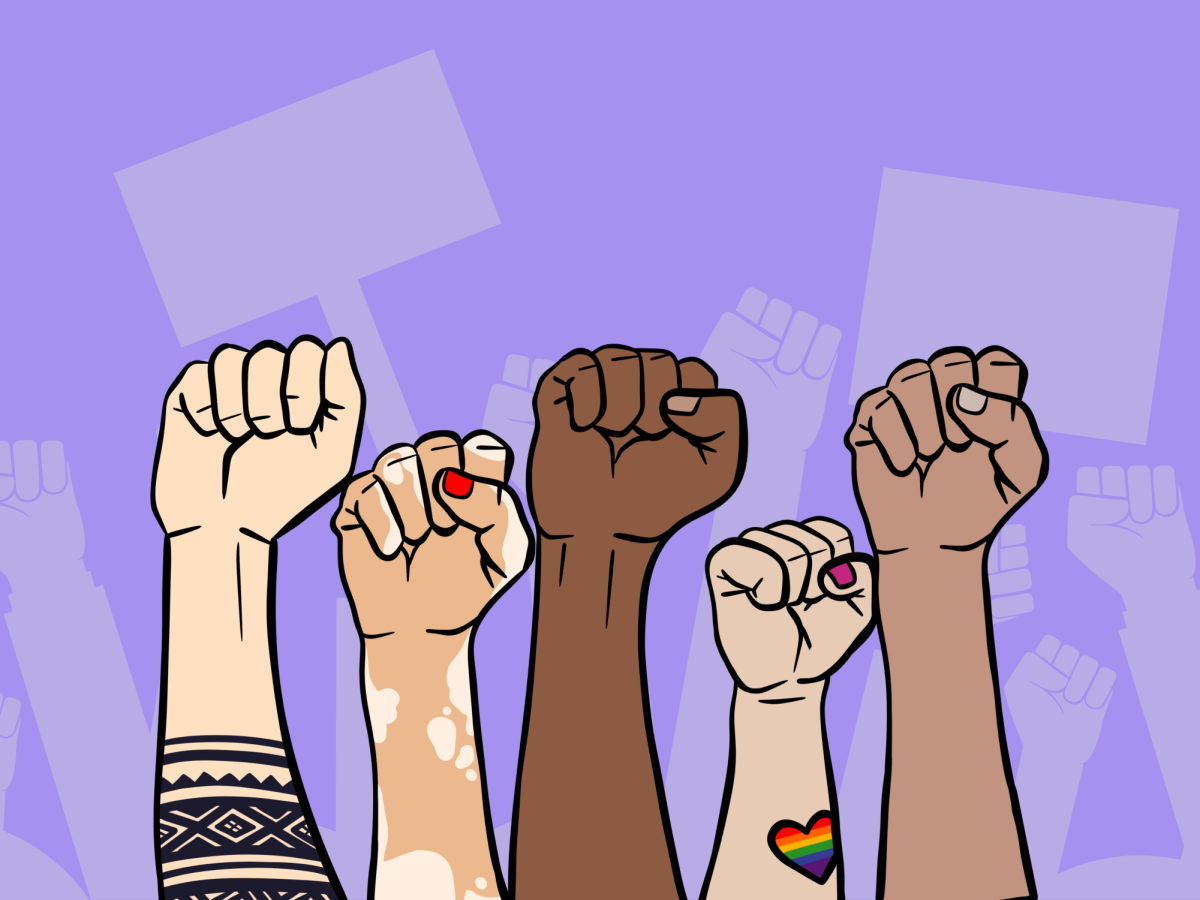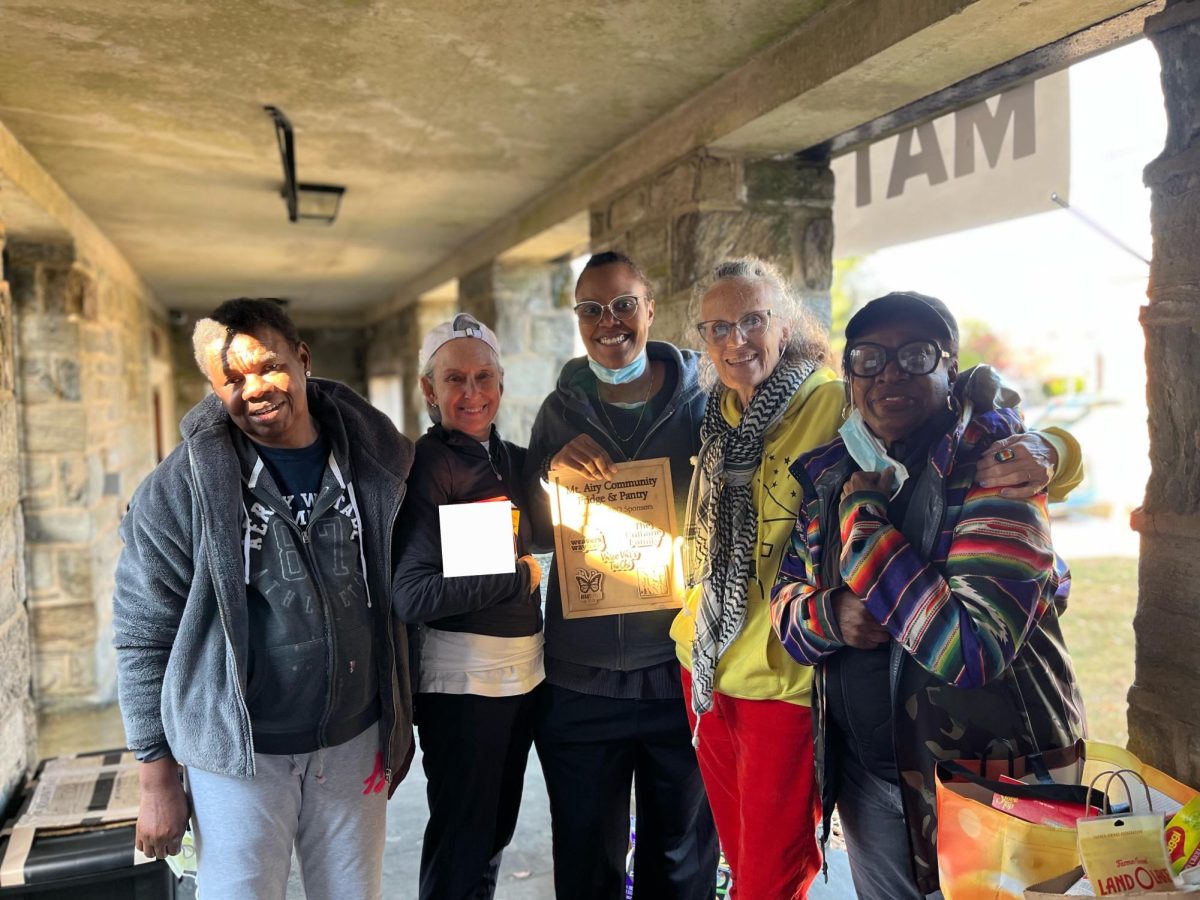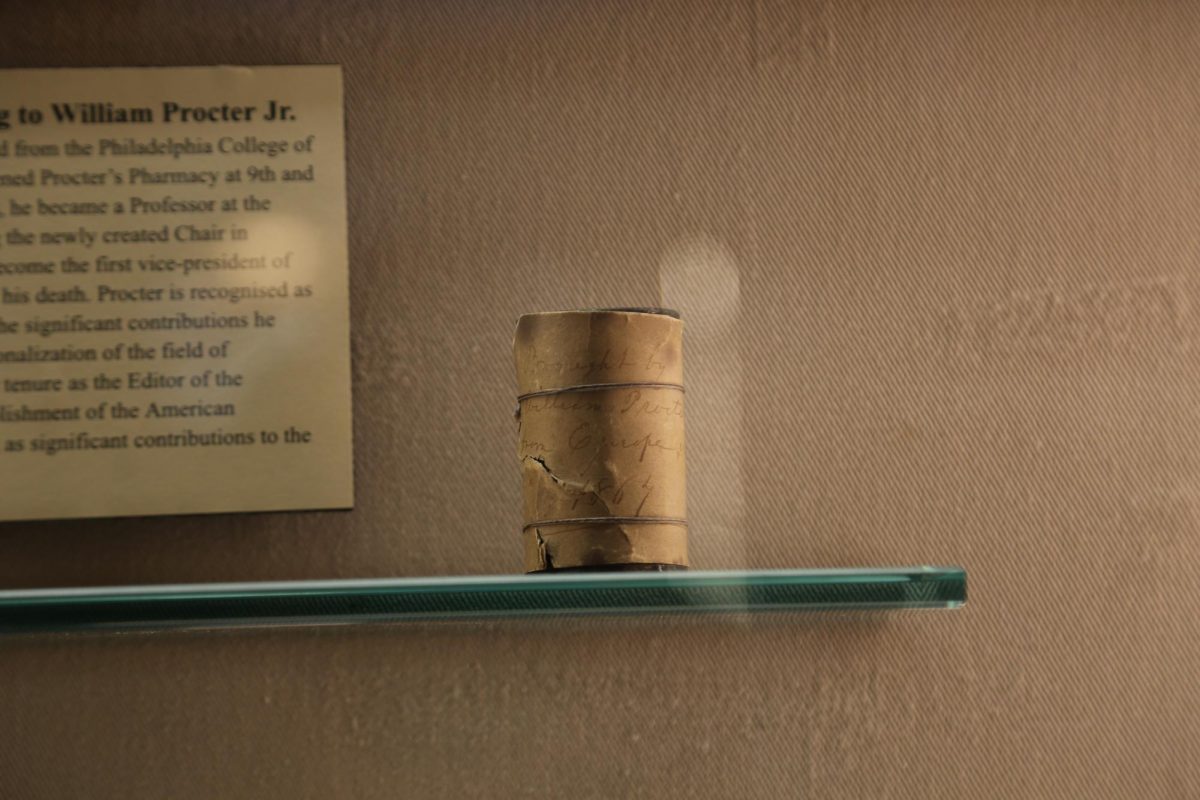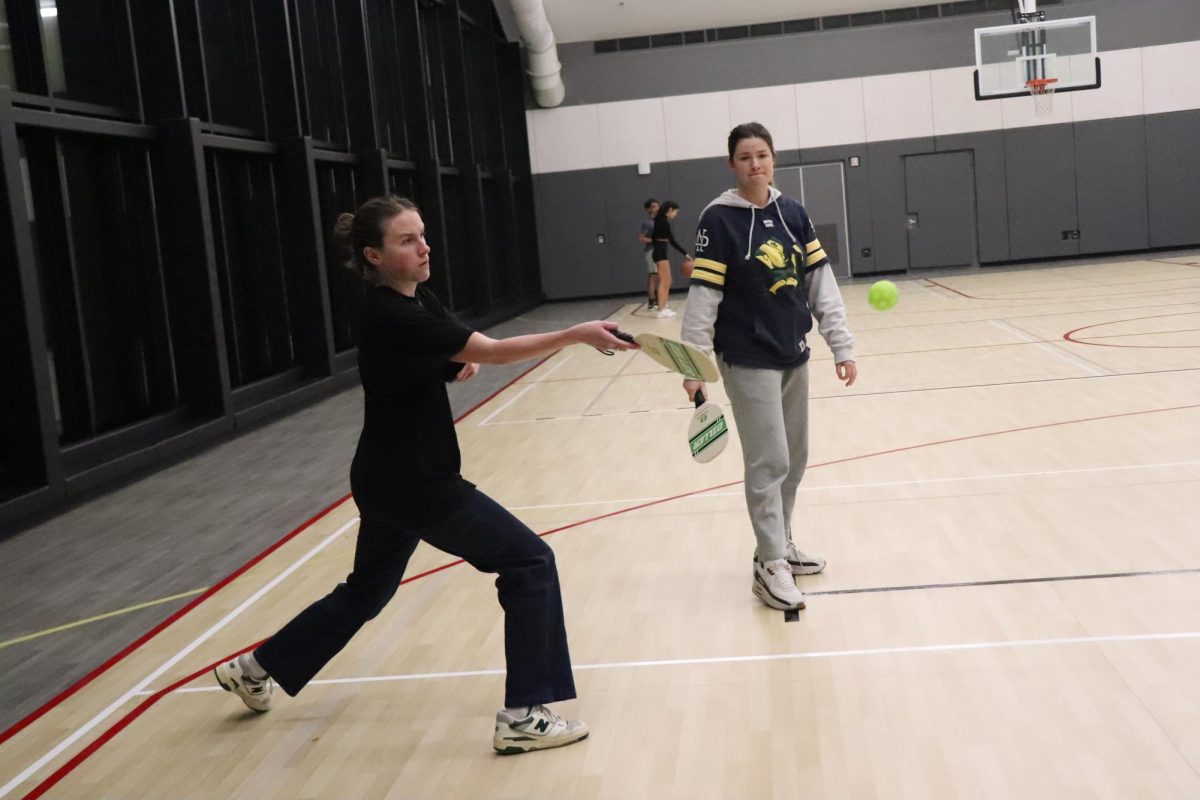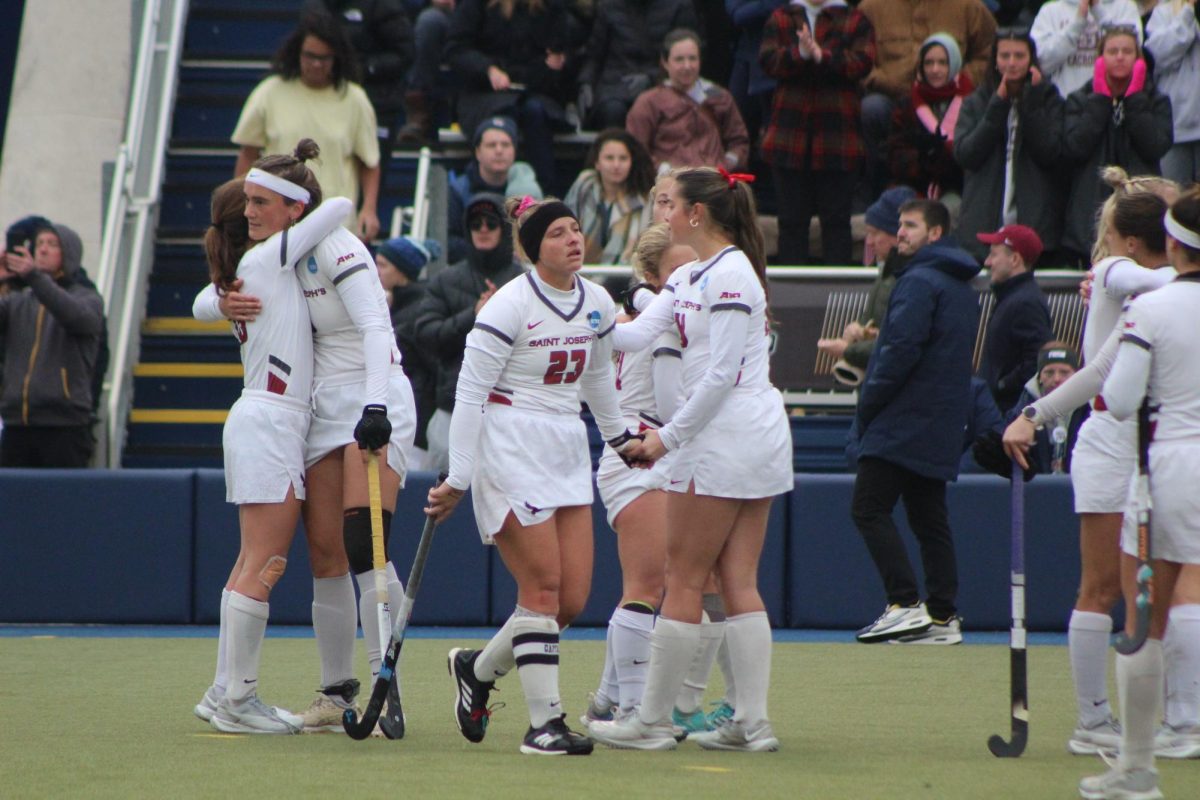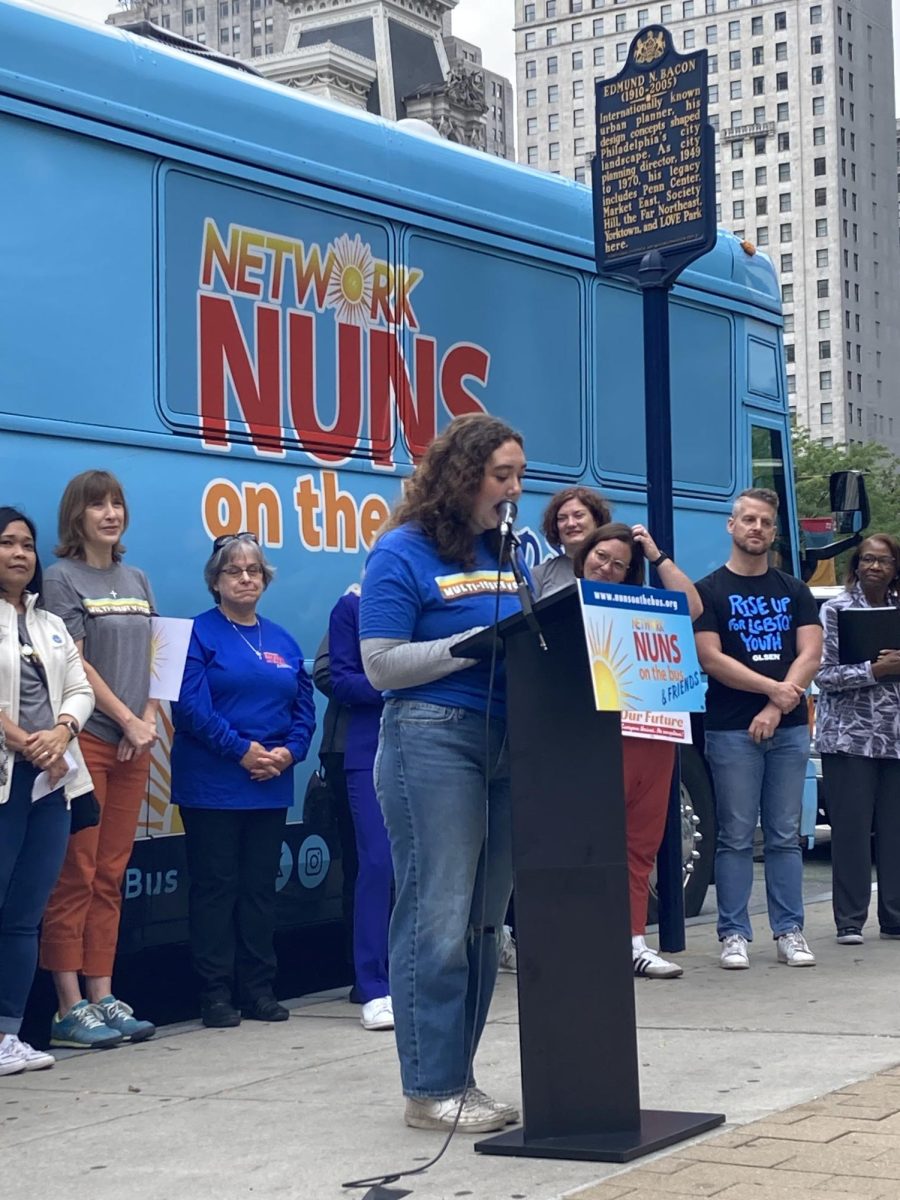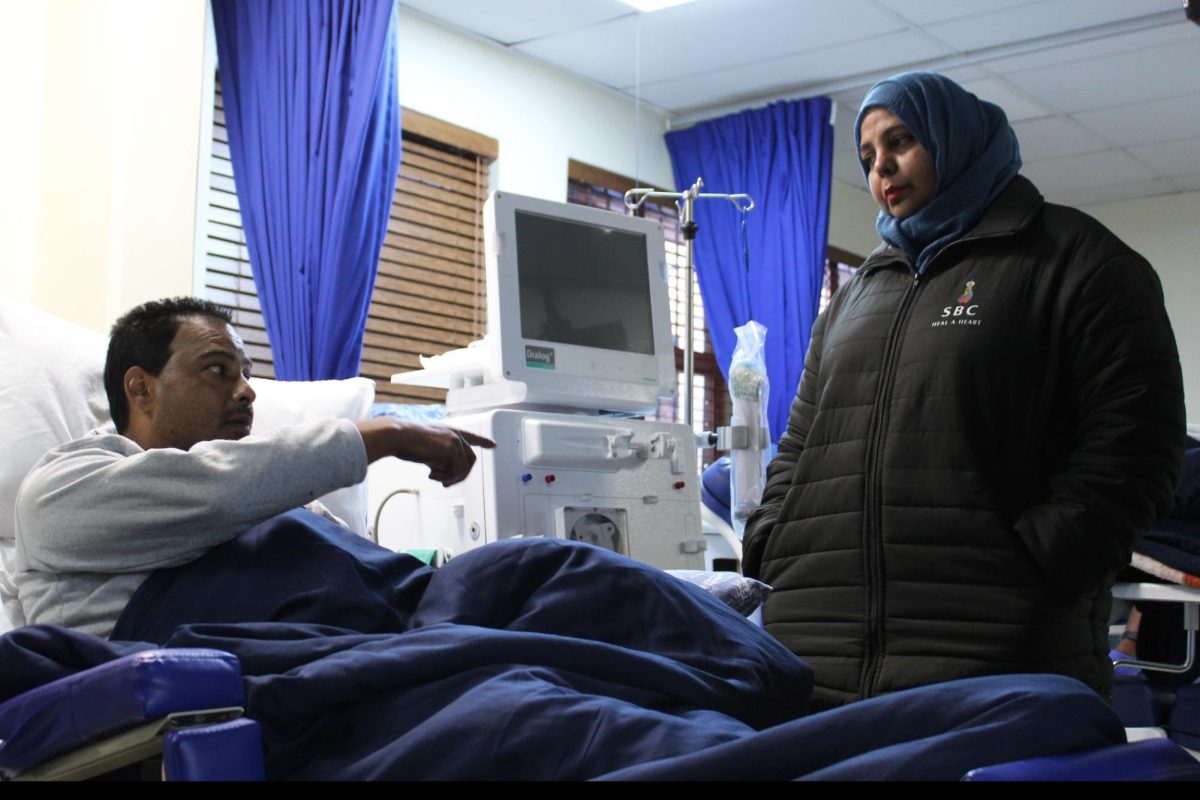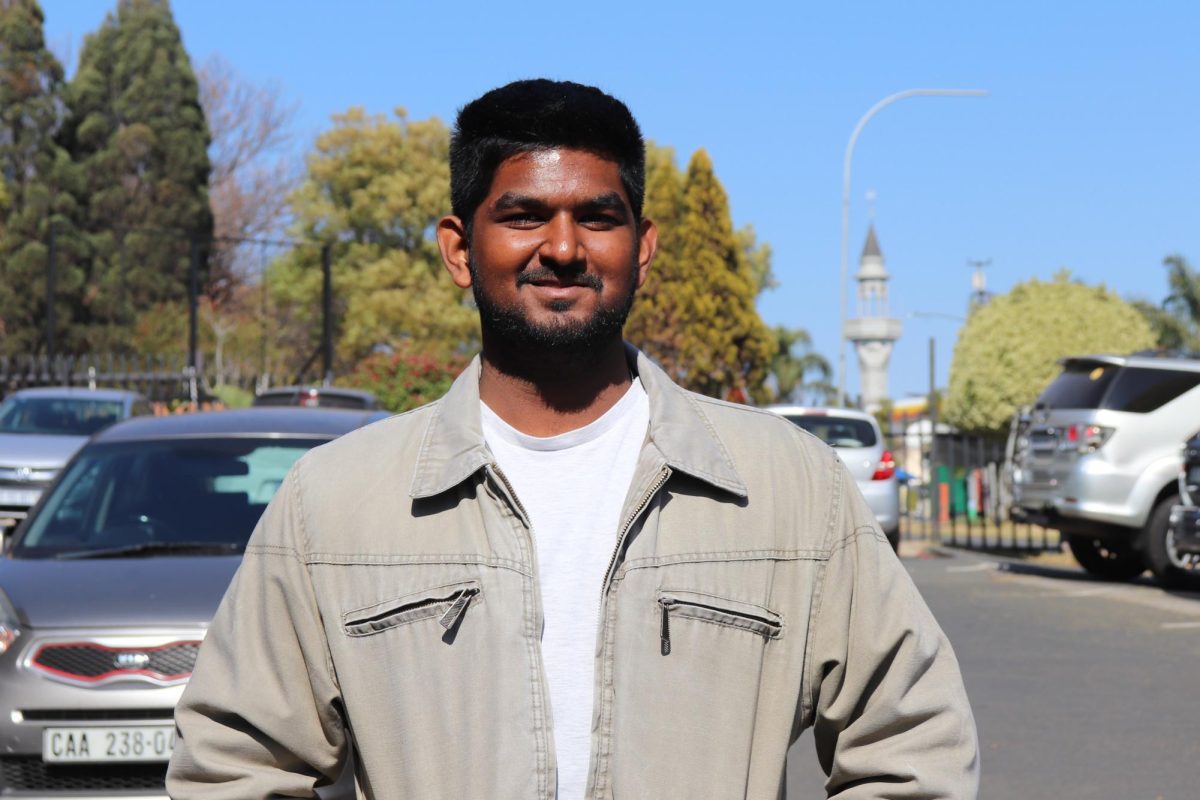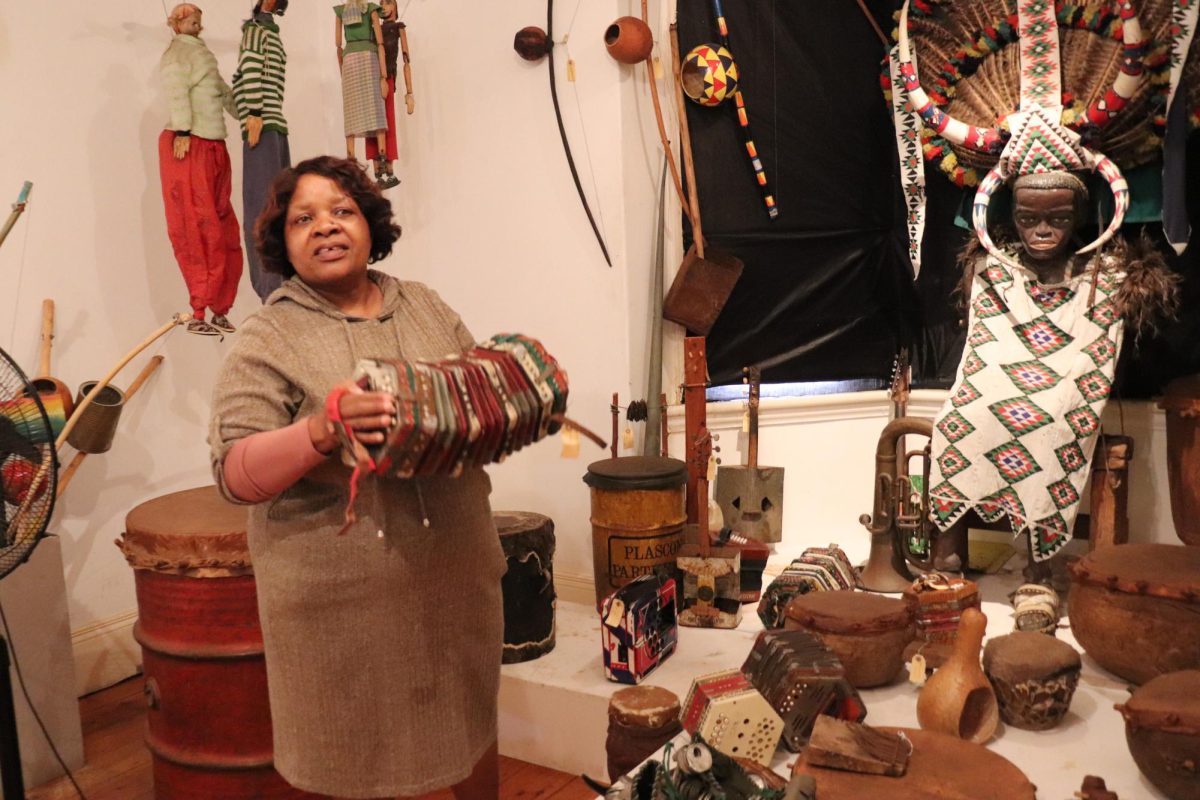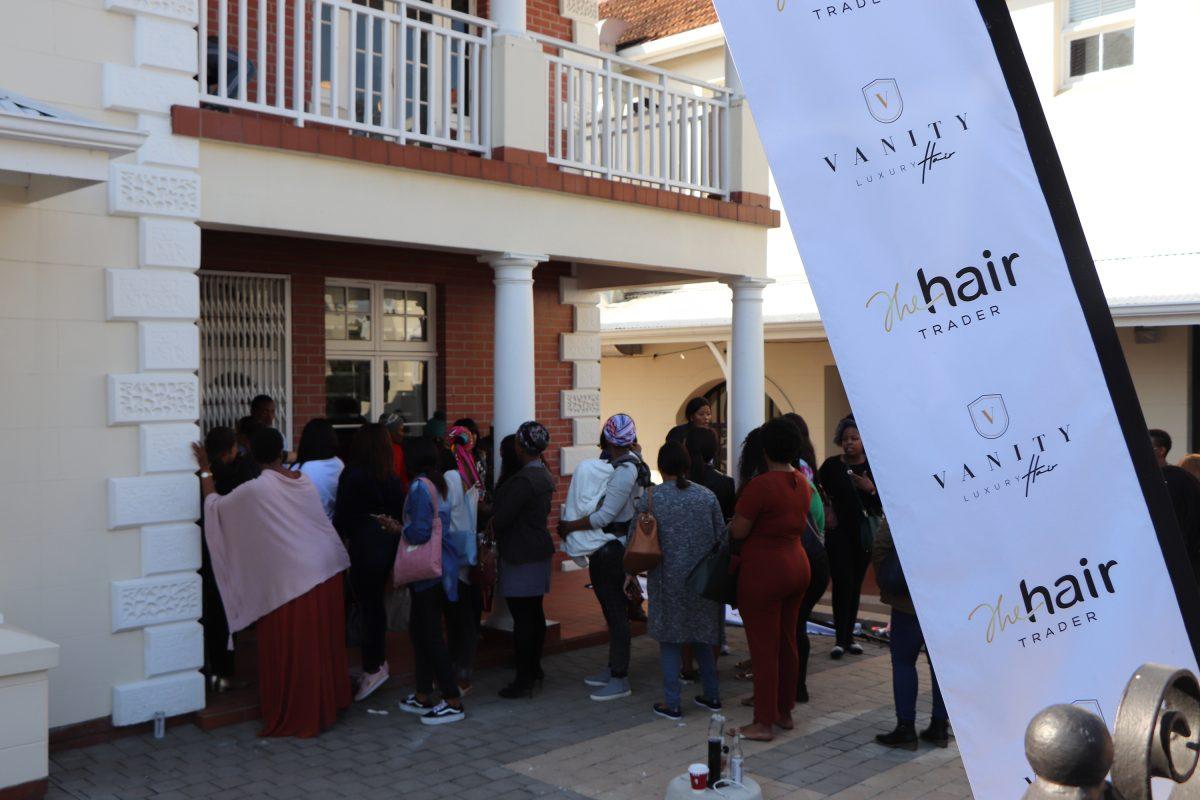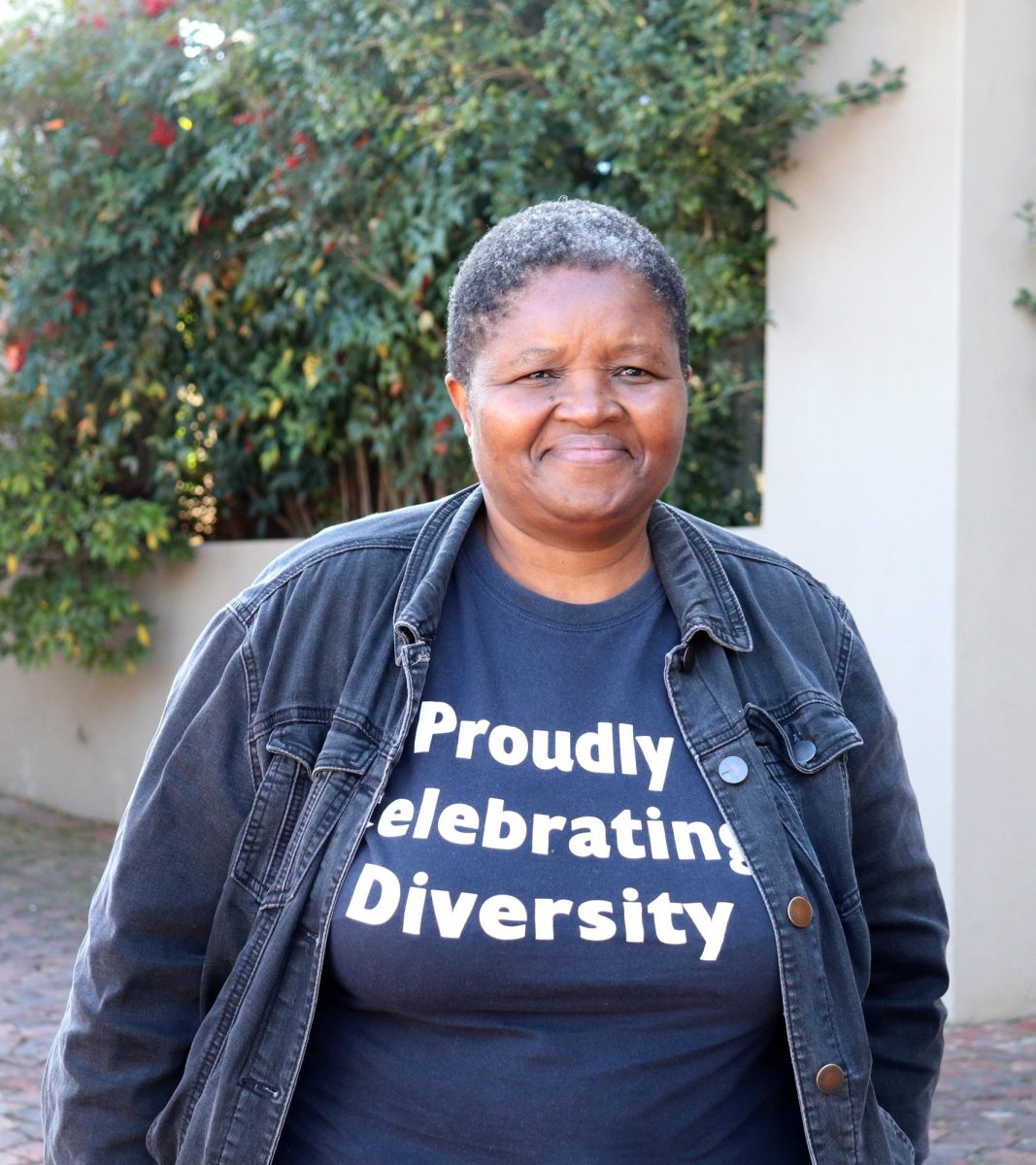Durban, South Africa—Hundreds of women lined Florida Road in central Durban on June 27, some waiting hours for a sample sale at The Hair Trader, a popular local wig shop. Some of the women had heard that prices would be cut by half.
Women began lining up the night before the sale, according to Chanelle Street, whose sister Samantha Nzimande opened the business in 2014. The women in line had learned of the sale through announcements on Instagram and WhatsApp, a popular messaging app.
“Black women just think hair is an accessory, that’s why they come,” said Street. “They just want another accessory to add. These people don’t just have one wig. They have tons of wigs.”
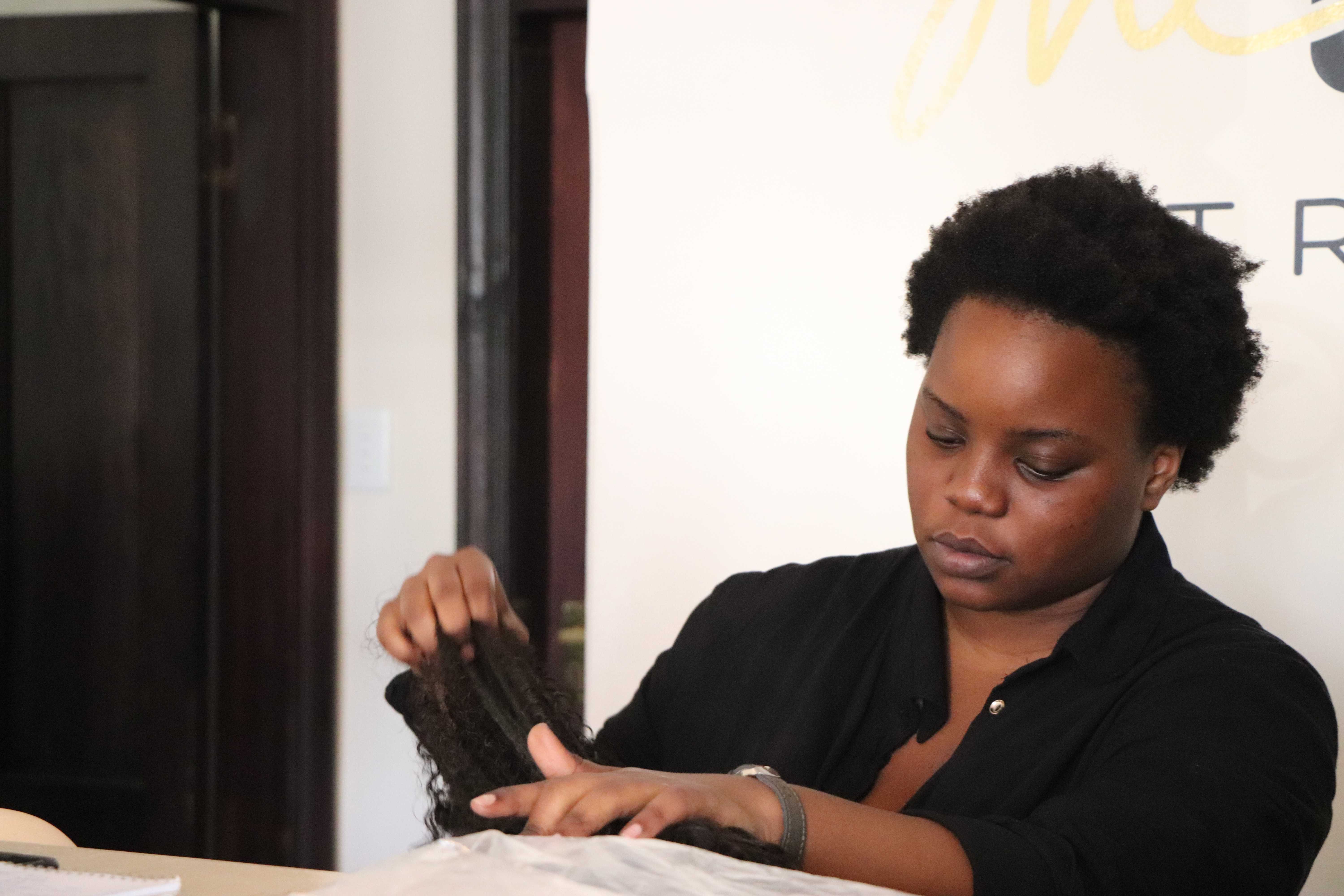
Many of the women said they did not want to be photographed standing in line because they had skipped work to attend the sale.
In South Africa, African hair care is a multi-billion dollar industry, with hair sales alone numbering in the millions. According to a report on the professional hair care market conducted by Euromonitor International, a market research firm, Africans make up the largest group of consumers in this market.
Street, who owns four wigs, including a blue one, said her wigs give her a chance to wear new identities.
“It allows me to be different people at any time,” Street said.
Seven months pregnant with her second child, Portia Mpisane joined the line at 7:15 a.m. after hearing about the sale from a friend. The night before the sale, she flew 590 miles (950 kilometers) from Limpopo, a province in the north of South Africa, and planned to stay in Durban through the weekend with her husband.
“The unfortunate thing, because I work in construction, I don’t normally get to be glamorous, so whenever I get an opportunity, I make sure I go over,” Mpisane said.
Mpisane, the owner of nine wigs, was impressed by the high grade of the hair in the shop and purchased a tight-curled, 18-inch wig.
The Hair Trader sells two lines of wigs, all made from real, virgin hair, that is, human hair from a single source that has never been dyed or processed. Vanity Luxury Hair is graded 9A on a scale from 5A to 10A, and The Hair Trader is graded as 8A on the scale.
Street said while The Hair Trader is a lower grade, more people can buy it.
“We decided we wanted to make something [The Hair Trader line] that’s more affordable for everybody,” Street said.
The Hair Trader mainly works with Peruvian hair, Brazilian hair and Malyasian hair. According to Street, Peruvian is the most popular because of its softness.
The different varieties also yield different prices. Brazilian hair is cheaper than the Peruvian. For example, a Peruvian 28-inch wig costs about 5,200 rands ($367.69 USD), and a Brazilian wig costs about 4,700 rands ($323.33 USD), without the discount.
A half-off sale at such prices is what drew people like Mpisane to the store.
“People came for good quality and the discount,” Mpisane said. “You hardly get a 50% discount when it comes to hair.”
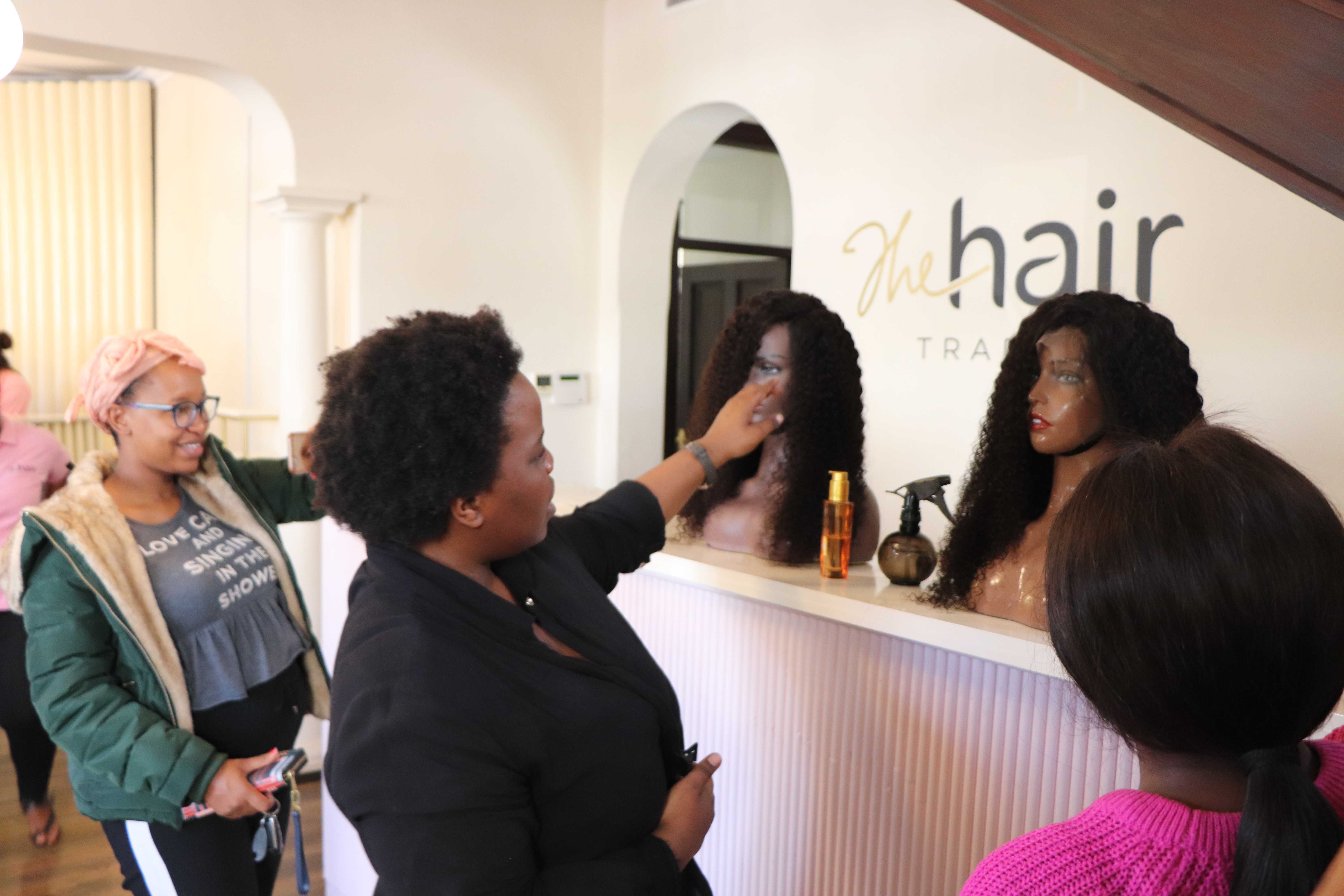
At the June 27 sample sale, the first 40 wigs were sold at a 50% discount. After those sales, the day continued with a 10% discount.
Inside the shop, female employees in pink-collared shirts assisted the shoppers, one employee matched to each customer.
The first step: deciding which type of hair to purchase. Customers then had the option of getting the hair dyed, straightened or curled. Street said about 20% of the customers go to the hair stylist on the second floor of the shop to get the hair done right away.
Each wig also needs elastic sewn into it to make the hair adjustable to the woman’s head, a process that takes about 20 minutes, according to Xolile Bungane, an employee at The Hair Trader.
But on sample sale days, getting to that stage of the process can take hours. Thobeka Mkhize knows that all too well.
Mkhize, a native of Johannesburg, 567 km (353 miles) from Durban, traveled to Durban the day before the sale. By 11 a.m., two hours after the shop opened, she was still in line, and the sale had already been reduced from 50% to 10% off.
“I’m traumatized from this experience,” Mkhize said. “I’ve been here since 7.”
Two hours into the sale, Nzimande announced to the women in line that the 50% discount had been dropped to 10%.
“Some people were happy, some people were sad that the 50% was finished, but some people are here, and they’re like, ‘I don’t want to leave without anything in my hands, so at least I want the 10% off,” Street said.
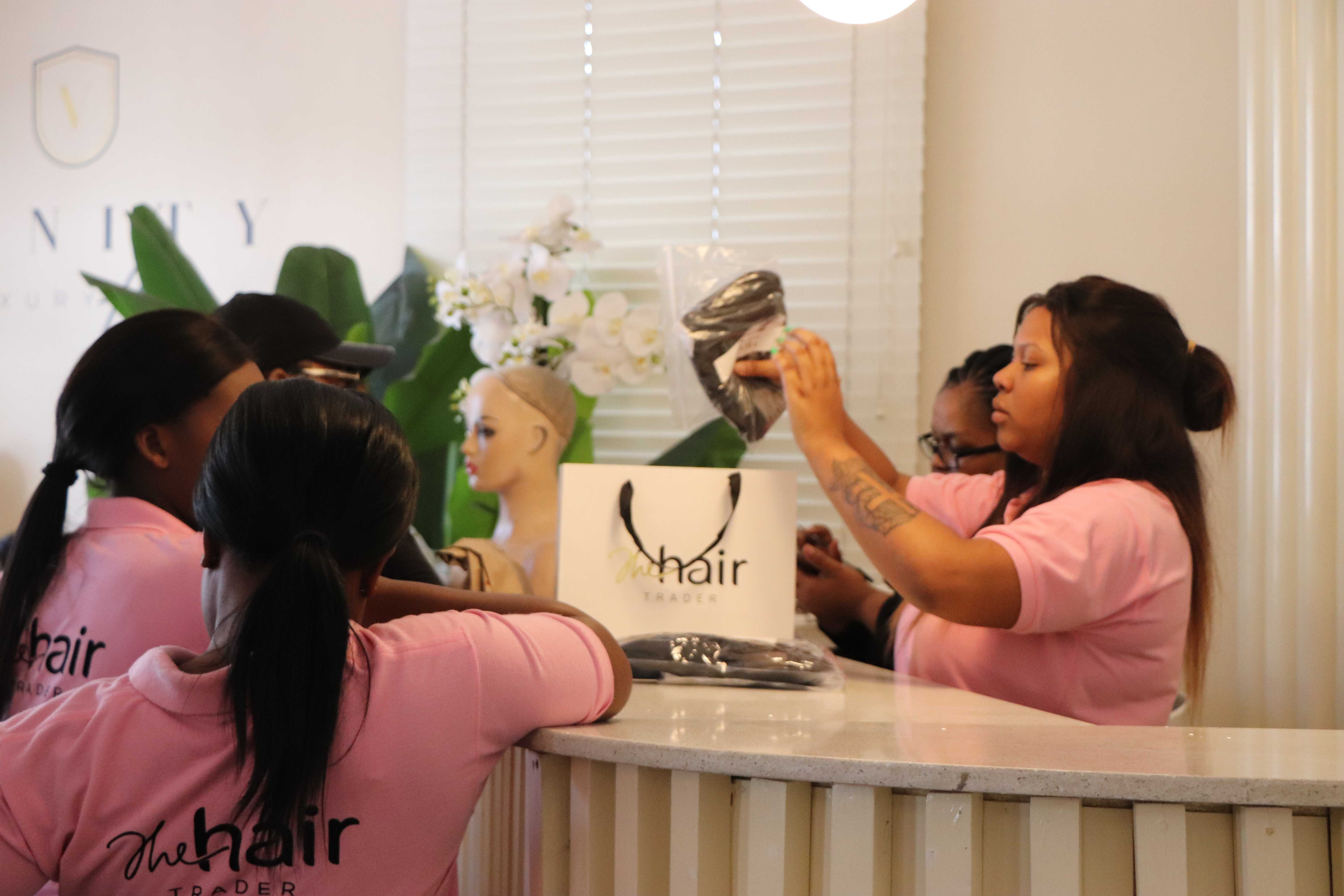
Mbali Sithole, a Durban native, heard about the sale from a friend. She was one of the last women in line at 11 a.m., two hours after The Hair Trader officially opened their doors.
“I’m in line, I’m just sitting down because I cannot stand for that long,” Siticole said. “I’ve been here for 30 minutes. This line is not moving.”
Sithole said she expected to leave the store empty handed after waiting in the long line.
“I don’t know how much I’m going to end up spending,” Siticole said. “I came here for 50% off so I will be [disappointed], but there’s nothing I can do,” she said. “Obviously they had limited sales that [were] 50%.”
Rose Barrett ’20, Carly Calhoun ’21 and Jackie Collins ’21 contributed to this story.

